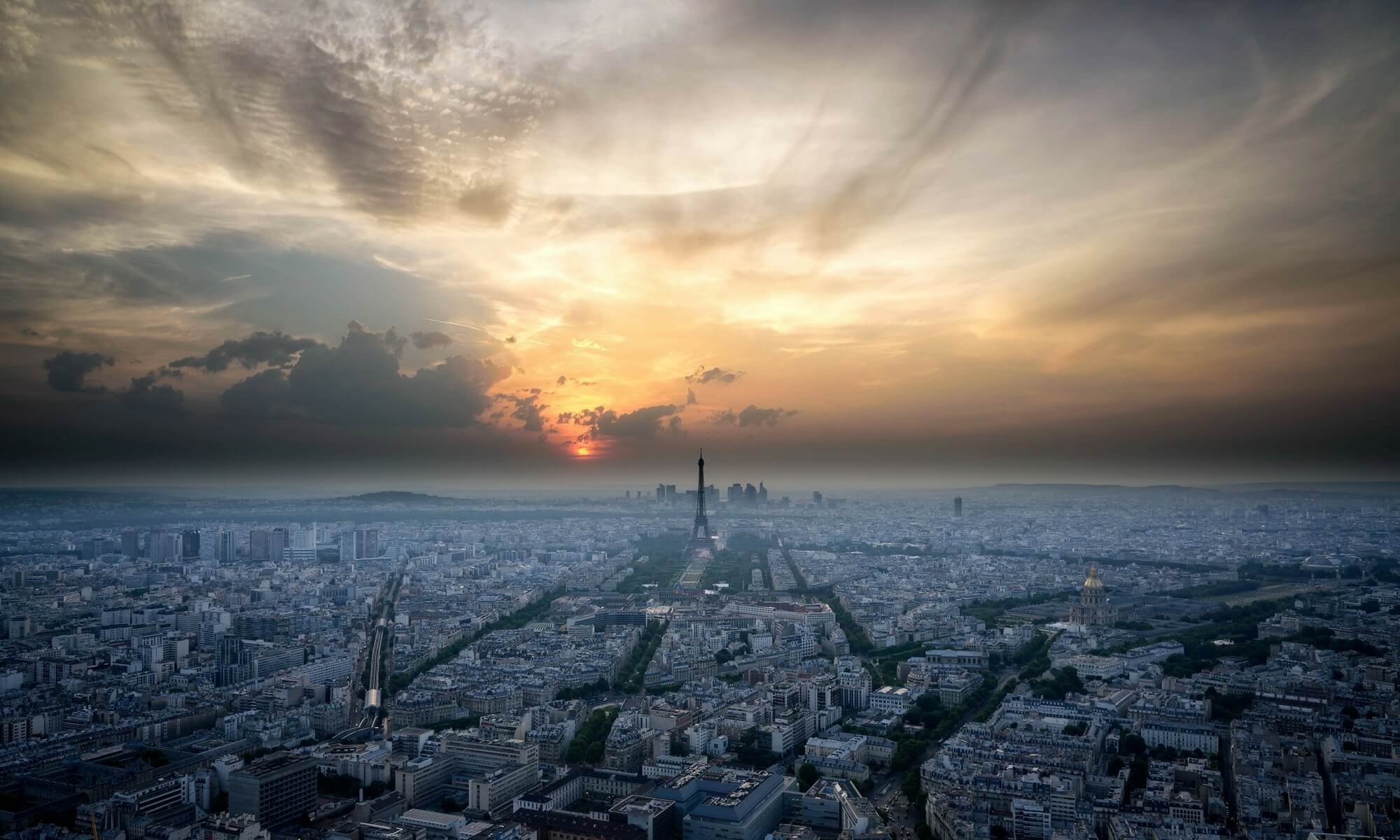Category: French Culture
This week on Join Us in France Annie digs into the history of secularism and free speech in France. We normally don't tackle such complicated issues on the podcast, but the events of the Charlie Hebdo and Kosher Grocery store terror attacks forced us to look at this. This is my attempt at untangling these things as a French person and in the light of French history & culture.
Understanding the Importance of Secularism and Free Speech in France
If you aspire to understand France, you must understand how the values of secularism came to be so important here. This is my crack at explaining how secularism became the cornerstone of French values.
You must also realize that we don't have a "First Amendment" in France, and there are some things you may not say while in France. How does that work in practical terms?
I want the French people to respect values that allow each individual to practice his or her faith, but in the frame of our common rules of secularism. Francois Hollande, French President 2012-1017
How Did France React to Charlie Hebdo?
The events unfolding in France in January 2015 make no sense whatsoever to those who don't understand our historical context. In this episode we answer the following questions:
- Why did so many French people take to the streets?
- Why were there so many arrests?
- Is there rampant racism in France?
- What is Charlie Hebdo?
- Can a country be secular and respectful of religions?
Secularism: the Bedrock of the French Revolution
We learn in the history books that America was founded in order to allow groups of oppressed Christians to live their religion freely. In France the opposite phenomenon was at work: the French Revolution happened as a violent reaction against the oppression imposed by the Catholic Church. That's why Americans and French people don't generally see eye to eye when it comes to secularism and free speech.
Free Speech Without the First Amendment
In France we don't have a First Amendment. As a matter of fact we have laws that restrict speech. How does that work? Isn't that a slippery slope towards a totalitarian state? We also look at that vital question in this episode.
The Limits Inherent to Secularism
If French people insist on keeping religion out of the public square, are they imposing limits on people's freedom to practice religion? Are there reasonable restrictions to be imposed on religion? Is France pulling it off well?
Correction: There 1.5 billion Muslims in the world, not 6 billion as I said on the show.
FOLLOW US ON:
Email | Facebook | Instagram | Pinterest | Twitter
Subscribe to the Podcast
Apple Google Spotify RSSSupport the Show
Tip Your Guides Extras Patreon Audio ToursLet's Review
As you can see, there is plenty to talk about when it comes to secularism and free speech in France. This topic wasn't easy to talk about for someone who is not an academic or an intellectual. But everyone in France had think about this as a result of Charlie Hebdo.
I am a regular French person with no particular credentials to talk about this. But I had to get this "off my chest" because I think it's one of the most fundamental misunderstandings between French people and Americans.
I appreciate podcast listeners who care enough about France to make the effort to understand how French people think when it comes to secularism and free speech and I hope this episode clarifies things to some extent.
This probably won't be the most popular episode I've ever produced, but it might be the most important one you'll listen to in order to understand French culture.
Learn More: French Culture, French History
Read more about this episode
Show NotesCategory: French Culture



Annie,
Thanks so much for this timely podcast! As an American living here, there are definitely aspects of the french culture that I don’t understand. So I’ve probably had more questions during this time than many French people would.
Your talk helps explain so much and especially in the way you explained what speech is actually allowed in France and what is illegal. Now I can see why the comedian was picked up at least. Without this background, it is hard/impossible to understand why some are getting in trouble for saying things while others can say seemingly equally ‘bad’ things.
Thank you Bobbi, honestly I think even French people don’t know this, or if they learned it, they don’t remember it.
Great writeup Annie. Really informative; you clarified quite a few questions I’d had. Merci bcp.
Thank you Zev and welcome to Join Us in France!
Note, the last time La Marseillaise was sung at the parlement was after the 2nd WW (not 1st)
Thank you Eva and welcome to Join Us in France! I’m not sure what to think. The BBC reports the last time was Nov 11, 1918. But now that I’ve looked, I’ve seen it both ways.
Charlie Hebdo is a vile, evil and blasphemous publication. It panders to the basest of prejudices. It profoundly disrespects others’ faiths in the false name of irony . That the weekly publication is typically only 30,000 is telling.
But, they have the untrammeled right to publish their vile, repulsive cartoons, the right of which I fully support. Their publication, as base as it , is not in any sense a valid basis for mass murder. The murders were a far greater evil than the publication.
There is no justification for the murders.
Very interesting . Can I ask you about the photograph of this topic. It demonstrates your point about the church belonging to the state but why that particular church . ? Personal reason . Villidieu-sur-Indre has a special part in my heart.
The church is at this address: Rue du Général de Gaulle, 36320 Villedieu-sur-Indre, you can see the front if you google it. Best, Annie.